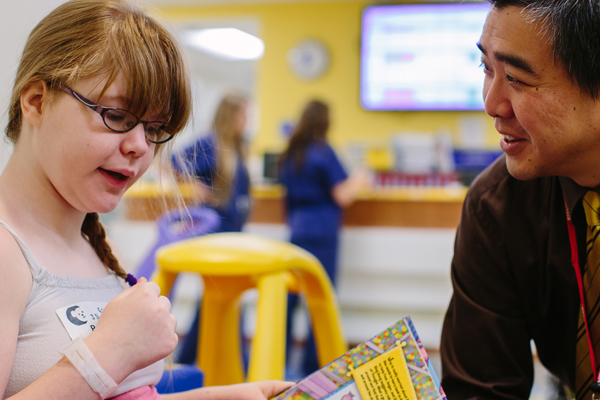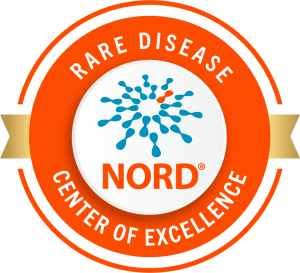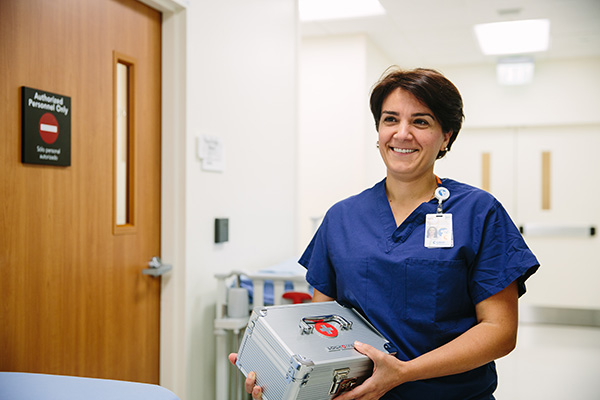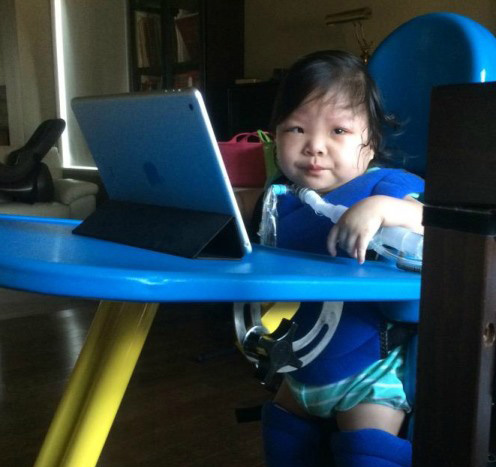Frequently Asked Questions about Lysosomal Storage Diseases
What is lysosomal storage disease?
Lysosomal storage diseases are inherited metabolic diseases that are characterized by an abnormal build-up of various toxic materials in the body’s cells as a result of enzyme deficiencies. There are nearly 50 of these disorders altogether, and they may affect different parts of the body, including the skeleton, brain, skin, heart, and central nervous system. Symptoms may include developmental delay, intellectual disability, enlargement of the liver and spleen, joint restrictions, coarse facial features and heart problems.
Below are some of the lysosomal storage diseases that we currently treat.
Mucopolysaccharide Storage Diseases (Hurler Disease and variants, Hunter, Sanfilippo Types A,B,C,D, Morquio Types A and B, Maroteaux-Lamy and Sly diseases)
Niemann-Pick C Disease
Niemann-Pick A & B Diseases
Glycogen Storage Disease II (Pompe Disease)
Neuronal Ceroid Lipofuscinoses (including Type II NCL)
Gaucher Disease Types I, II, and III
Fabry Disease
GM1-Gangliosidosis
GM2-Gangliosidoses (Tay Sachs and Sandhoff Diseases)
Cystinosis
Metachromatic Leukodystrophy
Mucolipidosis Types I, II, and III
Sialidosis
What are the signs and symptoms of lysosomal storage disease?
Symptoms may include developmental delay, intellectual disability, enlargement of the liver and spleen, joint restrictions, coarse facial features and heart problems.
If lysosomal storage disease is not diagnosed and treated, it can cause permanent damage to organs and tissues throughout the body.
How is a lysosomal storage disease diagnosed?
If the lysosomal storage disease is not discovered with prenatal or newborn testing methods, CHOC specialists use the results of genetic testing, as well as a thorough physical exam and patient history for diagnosis.
How is a lysosomal storage disease treated?
There are treatments available for some lysosomal storage disorders that greatly improve the quality of life for those affected. However, there is no cure for lysosomal storage disorders and the treatment depends on the specific disease. Early diagnosis is critical to starting life-saving treatment.
















